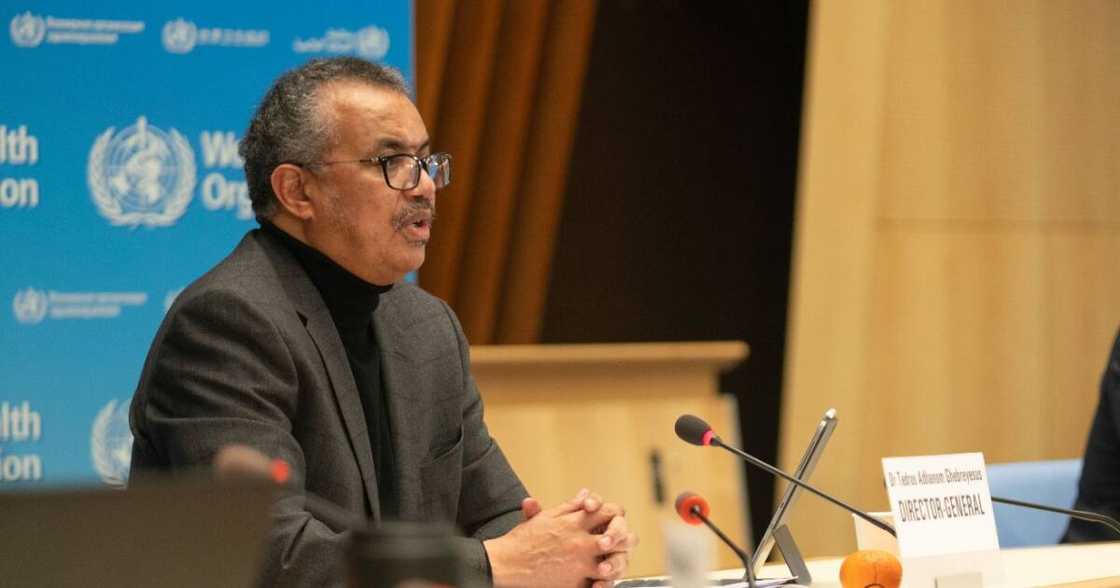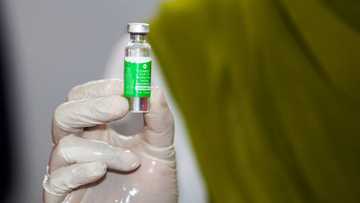WHO mission to China to find the source of Coronavirus fails
- The WHO to China seeking to uncover the origins of Covid-19 has failed to find the source
- However, the team ruled out a common theory that the virus had been leaked from a lab
- This was a common theory put forward by former US President Donald Trump
PAY ATTENTION: Join Briefly News' Telegram channel! Never miss important updates!
The World Health Organization mission to China in a bid to discover the origin of the coronavirus has failed to yield many answers.

Source: UGC
While the source of the virus remains a mystery the team has managed to rule out the theory that the virus had originated from a lab-leak in Wuhan.
Experts explained that they believe the disease originated in bats and could have been transmitted to humans via another mammal.
Expert Peter Ben Embarek explained that identifying the animal pathway remains a 'work in progress' and that the absence of bats in the area had reduced the chances of direct transmissions.
An intermediary species is the most likely explanation for the spread of the virus with Embarek also backing up China's claim that there had been no evidence of mass outbreaks in the area before the first official cases had been noted.
Liang Wannian, heading the Chinese side of the mission, agreed that animal transmission remains the most likely source of the pandemic.
Embarek ruled out the theory that a leak from a lab in Wuhan had prompted the pandemic:
"The laboratory incident hypothesis is extremely unlikely," he said. It "is not in the hypotheses that we will suggest for future studies".
This theory was one commonly put forward by Donald Trump during his time as the president of the United States.
Earlier, Briefly.co.za had reported that the World Health Organization has issued a warning that nations shouldn't be in a hurry to dismiss the AstraZeneca Covid-19 vaccine.
This comes after research showed the vaccine is less effective against the variant discovered locally.
The organisation insisted that AstraZeneca remains a crucial, life-saving tool against the pandemic.
Nevertheless, this hasn't stopped the repercussions of reduced faith in the medication on a global level.
Numerous European nations have opted against authorising the vaccine for use in citizens over the age of 65 years old, pointing to a lack of evidence that the medication is effective in patients in the age group.
]The vaccine remains a major part of the WHO's Covax programme, which procured vaccines in a bid to equitably distribute them around the globe.
Currently, AstraZeneca represents for the vast majority of the over 300 million doses that the programme intends to ship to over 140 different countries.
Enjoyed reading our story? Download BRIEFLY's news app on Google Play now and stay up-to-date with major South African news!
Source: Briefly News



